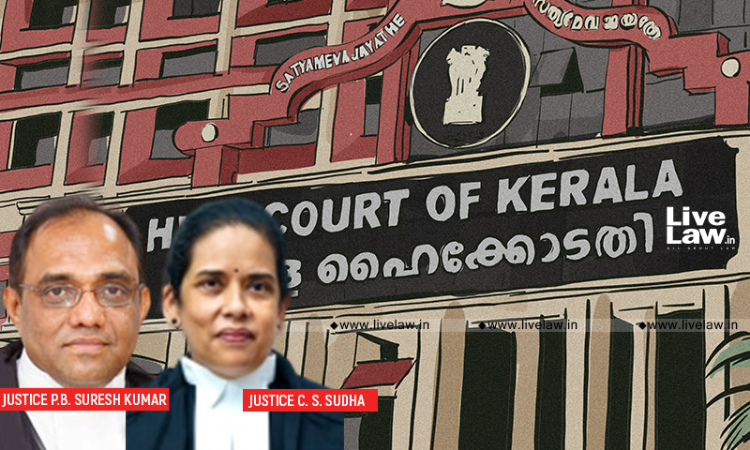Landlords Exempted From Kerala Rent Control Act Free To Waive Such Benefit: High Court
Navya Benny
18 Oct 2022 11:21 AM IST

Next Story
18 Oct 2022 11:21 AM IST
The Kerala High Court recently held that landlords who are exempted from application of all or any of the provisions of the Kerala Building (Lease and Rent Control) Act, 1965 are free to waive such exemption.The Division Bench comprising Justice P.B. Sureshkumar and Justice C.S. Sudha held that the exemption granted under Section 25 of the Act is a 'privilege' which the landlords may waive....
